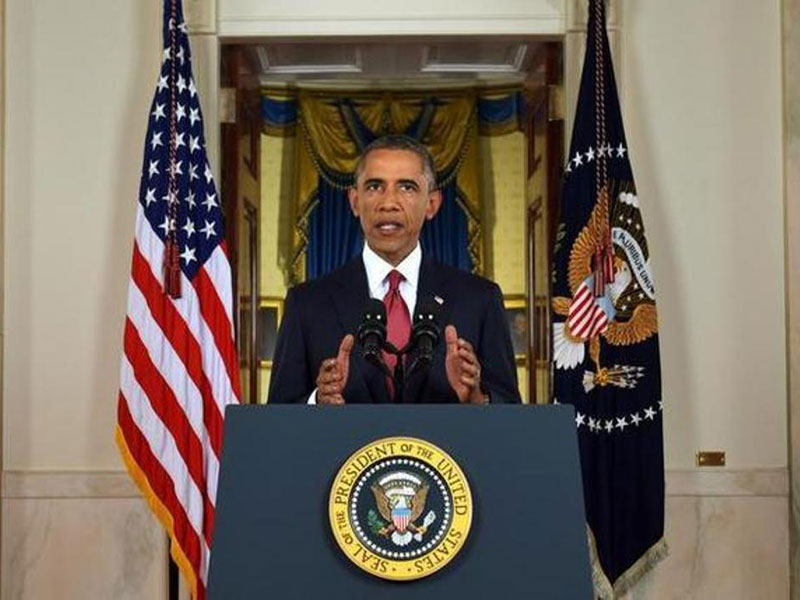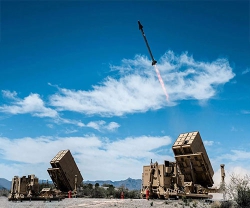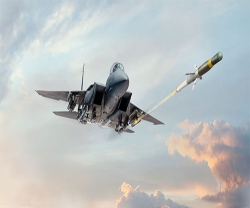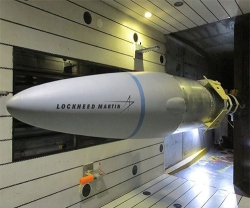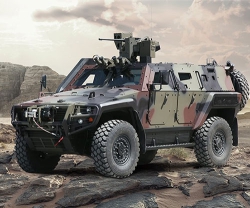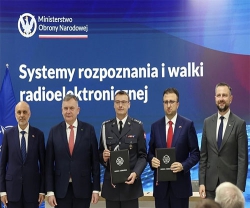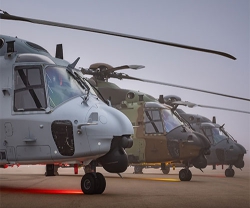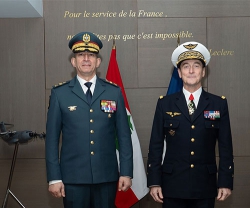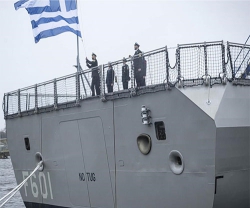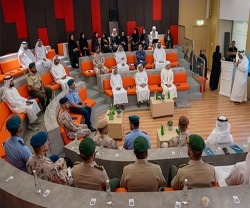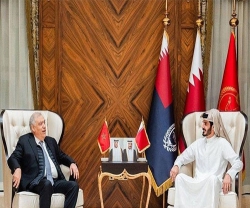“Our objective is clear: We will degrade, and ultimately destroy, ISIL (ISIS) through a comprehensive and sustained counter-terrorism strategy,” Obama said stressing that he would hunt down the ISIS militants “wherever they are.”
“That means I will not hesitate to take action against ISIL (ISIS) in Syria, as well as Iraq. This is a core principle of my presidency: if you threaten America, you will find no safe haven,” he said.
“This counter-terrorism campaign will be waged through a steady, relentless effort to take out ISIL wherever they exist using our air power and our support for partner forces on the ground,” Obama added.
Obama's preparedness to launch attacks inside Syria, which is embroiled in a three-year civil war, showed the seriousness of the threat American officials see from ISIS. A year ago, the president shied away from air strikes against Syria's government for its use of chemical weapons against Syrians.
Obama laid out his emerging plan for tackling the group in a widely anticipated White House speech, two weeks after coming under fire for saying: “We don't have a strategy yet” for the group in Syria and six months after declaring that groups like Islamic State were minor players.
He said he would expand the list of targets inside Iraq beyond several isolated areas. He will send 475 more American advisers to help Iraqi forces, joining more than 1,000 already there. They will not engage in combat.
However, Obama made it clear that his campaign would not be like the previous wars in Afghanistan and Iraq, where American soldiers were deployed on the ground. “It will not involve American combat troops fighting on foreign soil,” he said.
U.S. officials want allies to join in attacks on the group as well as in training and equipping Iraqi Forces and Syrian rebels, providing humanitarian relief and intelligence.
What specifically each nation will do in the coalition remains to be hammered out. Secretary of State John Kerry is meeting Gulf allies in the region and Obama is to host a leaders' security conference at the U.N. General Assembly in two weeks with the aim of fleshing out duties of the coalition.
Before the focus on ISIS, Obama for months had been cool to the notion of arming the poorly organized Syrian rebels, fearing weapons provided to them could end up in the wrong hands. But he now needs the rebels to become strong enough to hold ground cleared by U.S. air strikes, just as Iraqi forces are doing in Iraq.
In a phone call with Saudi King Abdullah prior to outlining his strategy, the two leaders agreed to support the moderate Syrian rebels.
Syria’s main Western-backed opposition group has backed President Barack Obama’s authorization of U.S. airstrikes targeting ISIS inside Syria for the first time. “The Syrian Coalition stands ready and willing to partner with the international community not only to defeat ISIS but also rid the Syrian people of the tyranny of the Assad regime,” Reuters quoted coalition President Hadi al-Bahra as saying in a written statement.
Source: Reuters; AFP, AP

